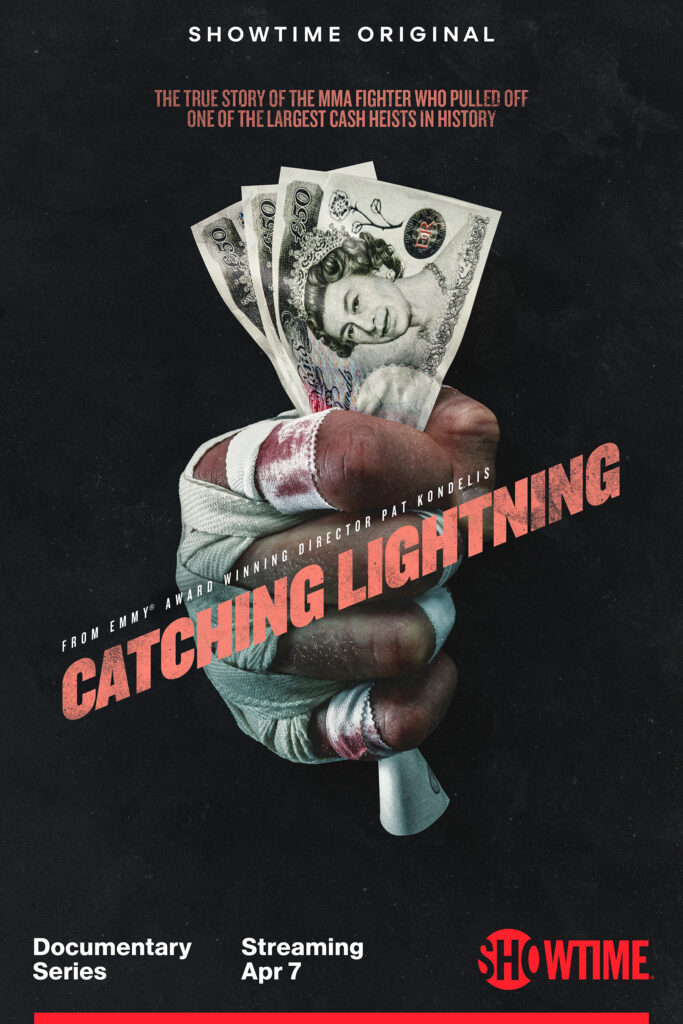Love, loss, and the folly that so often entwines the two was a recurring theme on Broadway this week. Though neither the starry replacement cast now headlining last season’s revival of Stephen Sondhiem’s A Little Night Music at the Walter Kerr nor the imaginative Brief Encounter from Britain’s energetic Kneehigh Theater (making it’s Broadway debut at Roundabout’s Studio 54 by way of St Ann’s Warehouse) were entirely up to the task of transcending the ghosts of earlier incarnations, the performances of Bernadette Peters and Elaine Stritch in the former and Hannah Yelland and Tristan Sturrock in the latter had me yearning for happy endings all around.
But these are not happy little shows. Based on a Bergman film, Night Music basically tells the story of a half dozen fools muddling sex with “mere desire” – the consequences of which are an eventual web of emotional co-dependence and individual strangulation. When the “right” couples are finally coupled in the final coital waltz, you can’t help but wonder: isn’t this momentary rondele of joy just a prelude to the shackles and forced march of a chain gang? The final moment ends not in a burst of song but with the quiet death of the matriarch – a voice of reason and realism throughout. Happy? I think not. Adapted from the David Lean film of the same name, Brief Encounter – itself an adaptation of Noel Coward’s one-act play, Still Life – careens around the varying moods of clipped, clenched passion heaving under the middle-class restraint of two duty-bound married people having an impossible affair. Though not exactly telegraphed in the title, you can pretty much anticipate it will all end in tears.
So what exactly constitutes a happy ending here? At the risk of sounding all psycho-babbly it’s the emergence of the true self. For all of the repressed feelings and desires to conform at the heart of each production, the true self must emerge eventually. There can be no happy ending until its been accepted and embraced. And while other people can often be the catalyst for its emergence, it ultimately comes from within. So the lovers Alec and Laura must part at the end of Brief Encounter; their romantic yearnings unfulfilled. Yet they have nevertheless changed each other by the ignition of an inextricable spark. The happy ending lies in the going forward. Not a stultifying return to a claustrophobic marriage but toward an embrace of inner passions: he to Africa, a doctor to the sick; she to the piano, enrapt in Rachmaninoff. When the actress Desiree Armfeldt sings Send in the Clowns to her former lover towards the end of Night Music, it packs an emotional wallop because finally the diva allows her mask to slip. Without a script she’s like a chick emerging from her shell, albeit with a lifetime of lessons not learned under her wings. Whether with her lover or without, she is finally learning to fly.
That’s why we’re all suckers for this type of entertainment and why it works even when its miscast above the title or milked for misguided laughs or forced to fill a theater far too big for its intimate exchanges: longing is really a romantic synonym for hope.









